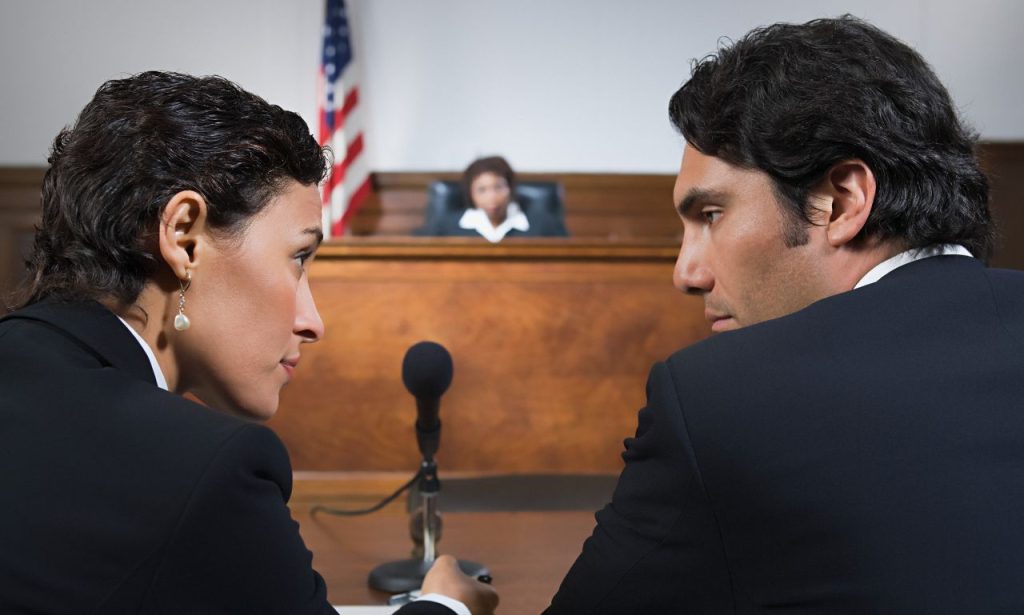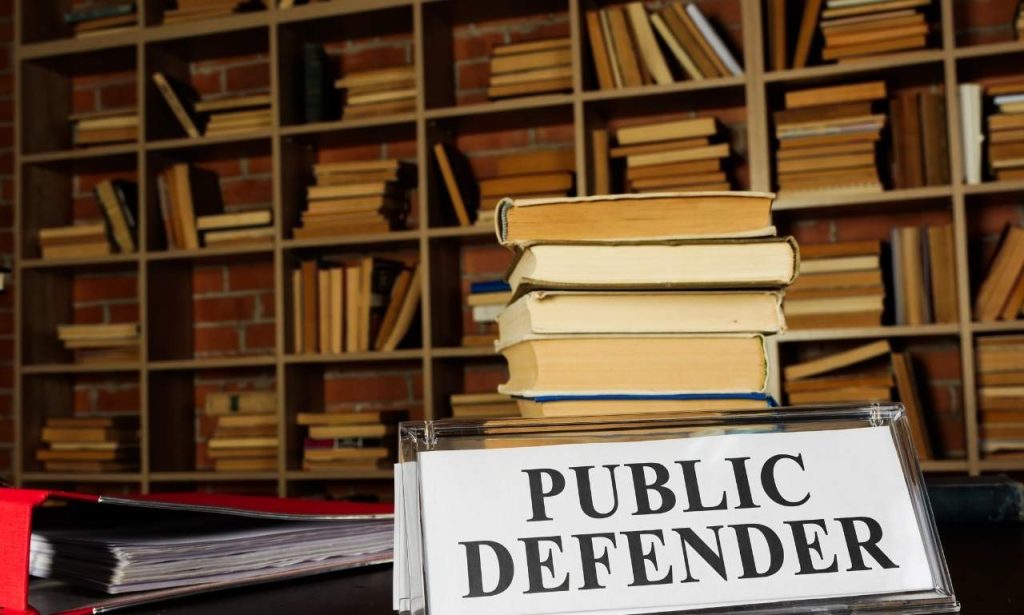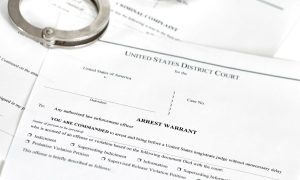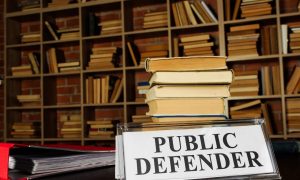Facing criminal charges is a daunting experience that can significantly impact your life. Understanding your legal rights and options is crucial, and one of the most important aspects is ensuring you have competent legal representation. In Florida, public defenders play a pivotal role in providing legal assistance to those who cannot afford private attorneys. This guide explores how to get a public defender in Florida, offering detailed insights to empower you during this challenging time.
Understanding the Role of a Public Defender
A public defender is a licensed attorney appointed by the court to represent individuals who cannot afford to hire a private lawyer. Their primary role is to ensure that your legal rights are upheld throughout the judicial process, from arraignment to trial and beyond. Public defenders are trained professionals experienced in criminal law, dedicated to providing vigorous representation to achieve the best possible outcome for their clients.
Responsibilities of a Public Defender

- Legal Representation: Defending you in court, negotiating plea deals, and advocating on your behalf.
- Legal Advice: Offering guidance on your case, explaining legal procedures, and advising on possible outcomes.
- Case Investigation: Gathering evidence, interviewing witnesses, and building a defense strategy tailored to your situation.
Benefits of Choosing a Public Defender
- Cost-Effective: Eliminates the financial burden of hiring a private attorney.
- Experienced: Public defenders are well-versed in local laws and court procedures.
- Dedicated: Committed to ensuring fair treatment and justice, regardless of your financial status.
Common Myths About Public Defenders
Misconceptions about public defenders can create unnecessary anxiety and may deter individuals from seeking the legal assistance they need. Let’s address some prevalent myths:
Myth 1: Public Defenders are Overloaded and Ineffective
Reality: While public defenders often handle multiple cases simultaneously, they are committed to providing quality representation. Many have extensive experience and resources to effectively manage their caseloads.
Myth 2: You Must Prove You’re Innocent to Get a Public Defender
Reality: The right to a public defender is not contingent on your guilt or innocence. It is based solely on your financial situation, ensuring everyone has access to legal representation.
Myth 3: Public Defenders are Only for Minor Cases
Reality: Public defenders handle a wide range of cases, from misdemeanors to serious felonies. They are equipped to manage complex legal issues and provide robust defense in any criminal matter.
Who Qualifies for a Public Defender?
Eligibility for a public defender in Florida primarily depends on your financial situation and the nature of the charges against you. Generally, individuals who cannot afford to hire a private attorney due to limited financial resources qualify for a public defender.
Financial Criteria
- Income Thresholds: Your income must fall below a certain level, typically determined by state guidelines and adjusted based on household size and expenses.
- Assets Consideration: Your assets, such as savings and property, may be assessed to determine eligibility.
Legal Criteria
- Type of Case: Eligibility might vary based on whether you’re facing misdemeanor or felony charges. In more severe cases, the court may require a private attorney if possible.
Automatic Appointment
In many cases, if you indicate at the outset that you cannot afford an attorney, the court will automatically appoint a public defender for you.
How to Determine Financial Eligibility
Before applying for a public defender, it’s essential to assess your financial situation to determine if you meet the eligibility criteria.
Steps to Assess Your Finances
- Calculate Your Income: Include all sources of income such as salary, unemployment benefits, and any other regular earnings.
- Evaluate Your Expenses: List essential expenses like housing, utilities, food, transportation, and any debt obligations.
- Determine Your Disposable Income: Subtract your total expenses from your total income to assess what remains.
- Compare with State Guidelines: Refer to Florida’s financial eligibility guidelines for public defenders to see if your disposable income falls below the required threshold.
Resources for Financial Assessment
- Florida Courts Website: Provides detailed information on income eligibility and application procedures.
- Legal Aid Organizations: Offer assistance in evaluating your financial status and guiding you through the eligibility process.
Steps to Request a Public Defender
Securing a public defender involves a series of steps to ensure you receive the legal assistance you need promptly.
Step 1: Notify the Court
At your first court appearance, often the arraignment, inform the judge that you require a public defender. You can do this verbally or by submitting a formal request.
Step 2: Complete the Application
Fill out a financial affidavit or application form provided by the court. This document will require detailed information about your income, expenses, and assets.
Step 3: Submit Documentation
Provide necessary financial documents such as pay stubs, bank statements, and proof of expenses to support your application.
Step 4: Await Determination
The court will review your application and determine your eligibility. You will be notified of the decision, and if approved, a public defender will be assigned to your case.
Completing the Application Process
Completing the application accurately is crucial for a timely and successful appointment of a public defender.
Tips for Completing the Application

- Be Honest: Provide truthful and accurate information to avoid delays or denials.
- Provide Complete Documentation: Ensure all required documents are submitted to support your financial status.
- Seek Assistance if Needed: Legal aid organizations and court staff can help you understand and complete the application correctly.
Common Application Errors to Avoid
- Incomplete Forms: Missing information can result in delays or rejection of your application.
- Inconsistent Data: Ensure that all financial information is consistent across different documents.
- Late Submission: Submit your application promptly to avoid missing critical deadlines.
Conclusion
Understanding how to get a public defender in Florida is essential for anyone facing criminal charges without the financial means to hire a private attorney. Public defenders are dedicated professionals committed to ensuring your legal rights are protected and that you receive a fair trial. By following the outlined steps, assessing your eligibility, and utilizing available resources, you can secure the legal assistance you need during this challenging time. Remember, seeking a public defender is not a reflection of your character but a fundamental right designed to uphold justice for all.
ALSO READ: How To Become a Court Transcript Proofreader
FAQs
Yes, you can request a different public defender if you believe your current attorney is not adequately representing your interests. This request typically requires a valid reason, such as a conflict of interest or lack of communication.
Primarily, public defenders handle criminal cases. For civil matters, you may need to seek assistance from legal aid organizations or pro bono services.
The timeline can vary depending on the court’s workload and your case’s complexity. Generally, public defenders are assigned promptly to ensure you receive timely legal representation.
Typically, public defender services are provided free of charge to eligible individuals. However, in some cases, the court may assess a fee based on your financial situation.
Bring all relevant documents related to your case, including any charges, evidence, and personal identification. Being well-prepared helps your attorney understand your situation and develop an effective defense strategy.





